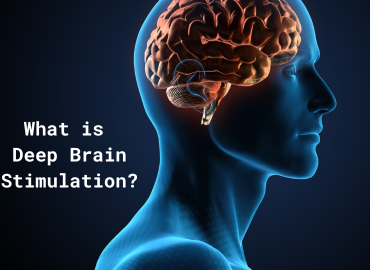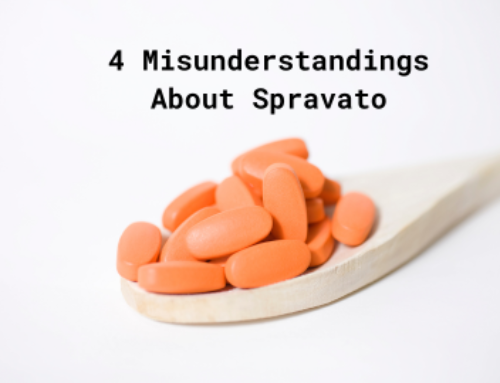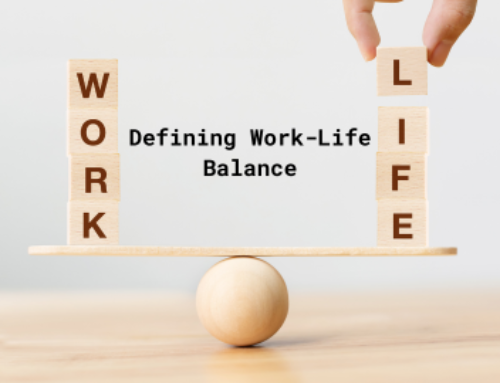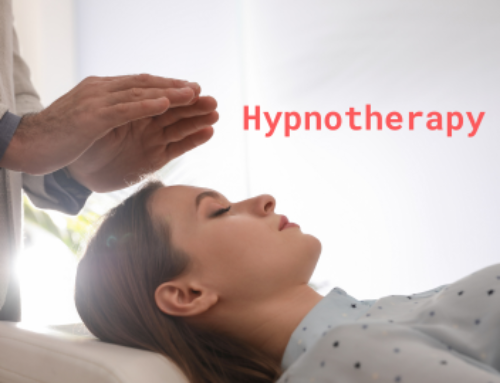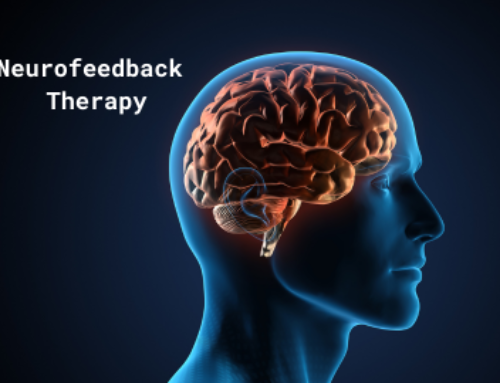What is Deep Brain Stimulation?
Deep brain stimulation (DBS) is an elective, invasive surgery based on implanting electrodes into specific portions of the brain. DBS is not one of the treatments we offer at Rochester Holistic Psychiatry, but we are always on the lookout for treatments that can help our patients, and we want to keep everyone informed about the options available. Deep brain stimulation is a fascinating procedure that has been life-changing for many patients.
The electrodes that are implanted in the patient’s brain are also called “leads.” An electrical generator is inserted under the skin on the person’s chest. It is adjustable and programmable according to the patient’s needs and the results after implantation. Deep brain stimulation requires multiple surgeries. First, the leads must be installed on each side of the brain. This might be done in one surgery or two. Next, the generator is placed.
The electrodes will not be switched on until a few weeks after the surgery to promote the best healing. Then, the doctor and the patient can work together to find the best settings for the pulses. The procedure is reversible as well.
DBS is currently FDA-approved to be used on treatment resistant epilepsy, as well as:
− Obsessive-compulsive disorder
− Dystonia
− Parkinson’s disease
− Essential tremors
Deep brain stimulation is being researched to see if it can treat other issues, like these:
− Anxiety disorders
− Tourette’s syndrome
− Substance abuse
− Eating disorders
− Alzheimer’s disease
− Cluster headaches
− Schizophrenia
− Huntington’s disease
Suitable patients are at a low risk for side effects from the device. Surgery to implant the leads carries the risk of hemorrhage or stroke. There have been some instances of device malfunction, and some patients experience moments of dizziness or tingling when the device is operating. Recovery time usually takes several weeks and involves reduced levels of activity.
Patients must undergo several rounds of evaluation before and after the operation. Tests such as electroencephalography and the Yale-Brown Obsessive-Compulsive scale may be administered. To qualify for DBS, these conditions must be met:
− The patient’s symptoms are not responding to existing treatments like medication
− The patient’s quality of life is reduced
− The patient’s current medications are causing negative side effects
Brain stimulation by means of electric currents is a rapidly developing field of study, and we’re excited to be involved. We specialize in noninvasive transcranial magnetic stimulation, or TMS. Talk to us about TMS and our other services, like metabolic workups, by writing to us on our website or calling (585) 442-6960.

